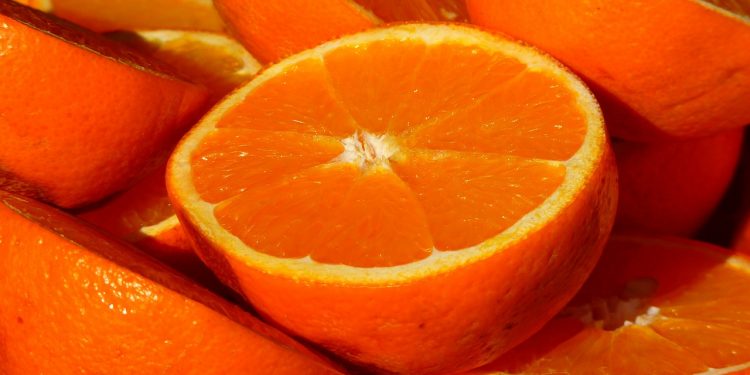Get enough C Vitamin – put in small fruit pauses during the day
As the grey and cold of a Danish winter may start taking its toll on you, remember that it is important to stock-up on C-vitamin. It is not only good for your health, the C-vitamin fruit is also delightfully colourful.
The article continues below.
By Bente D. Knudsen
Despite longer days, it will be a while before they really feel longer and full of more light and despite the bright whiteness outside you may feel a lack of energy at this stage of winter,
A good way to boost your energy level is by getting daily doses of fresh C-vitamin.
At the moment you will find fresh vitamin C in great stock with for instance oranges and grapefruits available at all grocery stores.
The article continues below.
Clinical dietitian, Maiken Beck, says to Villabyerne Weekend that:
“You can make some really good smoothies for instance with orange, lemon and banana. Or with spinach and green cabbage. It should not be a main meal, but a snack, which gives you an energy boost.”
In addition, pineapple has a good content of C-vitamin as do frozen berries such as blueberry, strawberry and raspberry.
Frozen fruit and berries have been found to contain more vitamins during the winter. This is because the winter “fresh berries” and fruit is often picked and shipped to Denmark without being ripe.
Take note though that the Danish health authorities recommend boiling frozen berries for one minute in order to make sure that frozen berries do not contain harmful bacteria, as these which could end up in your smoothies or other non cooked dish.
You can find their latest full 2023 report and finds here
And the latest quarterly report here.
Sample tests are made for fruit from DK, the EU and outside of the EU.
The highest concentration of pesticides above the approved values were in fruit from outside of the EU. Of the 253 samples of fruit from outside the EU, 3,1 % had concentrations of pesticides above the approved values.
Finds in conventionally produced fruit showed that 51 percent of Danish fruit had rests of pesticides, with the same result being 83 percent of EU fruit samples and 86 percent of non EU fruit samples.
Sample size is lower for Danish fruit as Denmark is not a large fruit producer and some fruit is not produced here at all.
In general, the DTU Food Institut and the Danish Food Board ( Fødevarestyrelsen) conclude that based on the current knowledge, the pesticide rests found in food produce on the Danish market do not present a health risk, therefore the finds do not alter the recommendation to eat more fruit and vegetables.
If consumers wish to reduce their intake of pesticide rests it is recommended to chose food produce produced in Denmark or to chose organic produce.


